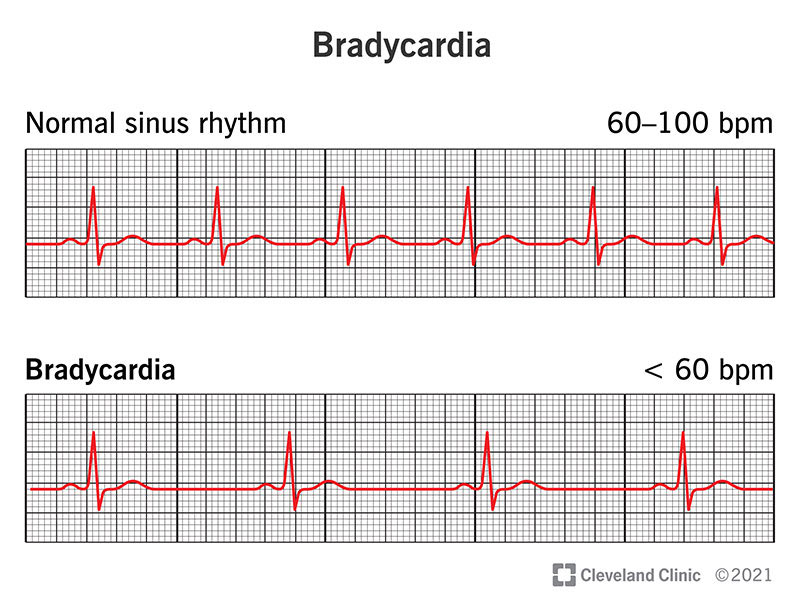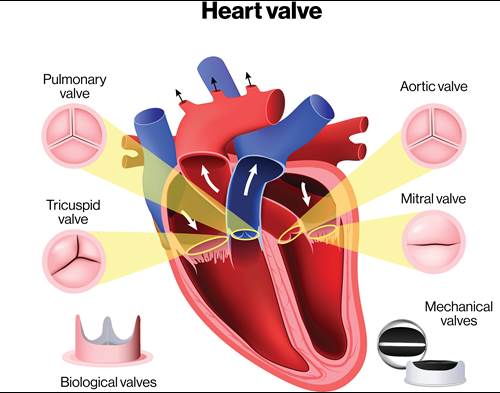Low blood pressure, or hypotension, is a condition where blood pressure levels are lower than the normal range, typically defined as a systolic blood pressure below 90 mmHg and/or a diastolic pressure below 60 mmHg. While low blood pressure is often seen as less concerning than high blood pressure, it can lead to symptoms such as dizziness, fainting, and in severe cases, shock. Understanding the causes of low blood pressure is essential for proper diagnosis and management. This article explores the various factors that can lead to hypotension, ranging from dehydration and heart problems to medications and endocrine disorders. Let’s know all the 10 main causes of low blood pressure which you must know for diagnosis and management.
Dehydration
Dehydration can be one of the major causes of low blood pressure. Dehydration occurs when our body loses more fluids than it takes in which leads to a decrease in blood volume. This can result from insufficient fluid intake, excessive sweating, vomiting, diarrhea, or the use of diuretics. When blood volume decreases, so does blood pressure, as there is less fluid circulating through the blood vessels. Symptoms of dehydration-induced hypotension include dizziness, weakness, and fainting. Preventing and treating dehydration involves ensuring adequate fluid intake, especially during hot weather, illness, or physical activity.

Blood Loss
Significant blood loss, whether from trauma, surgery, or internal bleeding, can lead to a decrease in blood volume and subsequently lower blood pressure. Hemorrhage reduces the amount of blood available to circulate through the body, leading to symptoms such as dizziness, fainting, and shock. Immediate medical intervention, including fluid resuscitation and blood transfusions, is essential to manage hypotension caused by blood loss.
Heart Problems
Various heart conditions can be major causes of low blood pressure by affecting the heart’s ability to pump blood effectively. These conditions are as follows.

Heart Failure
When the heart is unable to pump sufficient blood to meet the body’s requirements, heart failure occurs. This can result from coronary artery disease, hypertension, or damage from a heart attack. In heart failure, the reduced cardiac output leads to lower blood pressure.

Bradycardia
Bradycardia is a condition where the heart beats too slowly, usually fewer than 60 beats per minute. This can result from problems with the heart’s electrical system or damage to the heart muscle. A slower heart rate reduces the amount of blood pumped with each beat, leading to lower blood pressure.

Heart Valve Problems
Malfunctioning heart valves can harm the blood flow through the heart. Conditions such as aortic stenosis or mitral regurgitation can reduce the efficiency of the heart’s pumping action, resulting in lower blood pressure.

Nutritional Deficiencies
Certain nutritional deficiencies are very common causes of low blood pressure. A few of them are described below briefly.

Vitamin B12 Deficiency
Vitamin B12 is crucial for the production of red blood cells, which carry oxygen throughout the body. A deficiency in vitamin B12 can lead to anemia, a condition where there are not enough red blood cells, reducing blood volume and pressure.
Folate Deficiency
Like vitamin B12, folate is crucial for red blood cell production. A deficiency can also result in anemia and hypotension.
Iron Deficiency
Iron is another vital component of red blood cells. Iron deficiency can lead to iron-deficiency anemia, characterized by reduced red blood cell count and decreased blood volume, contributing to hypotension.
Endocrine Disorders
The endocrine system regulates various bodily functions, including blood pressure, through the secretion of hormones. Several endocrine disorders can lead to hypotension.
Addison’s Disease
Addison’s disease is a disorder of the adrenal glands, which produce hormones such as cortisol and aldosterone. These hormones help in regulating the blood pressure and fluid balance. In Addison’s disease, the adrenal glands do not produce enough hormones, leading to chronic low blood pressure.
Hypothyroidism
Hypothyroidism is a condition where the thyroid gland produces insufficient thyroid hormones. These hormones play a critical role in regulating metabolism and cardiovascular function. Low levels of thyroid hormones can reduce heart rate and the force of heart contractions, leading to lower blood pressure.
Diabetes
Diabetes, particularly when poorly controlled, can lead to autonomic neuropathy, a condition that affects the nerves controlling involuntary bodily functions, including blood pressure regulation. This condition can result in orthostatic hypotension, where blood pressure drops significantly upon standing.
Medications
Several medications can be major causes of low blood pressure as a side effect. Some of them are discussed below.
Diuretics
Diuretics, commonly used to treat high blood pressure and heart failure, increase urine production and fluid loss, potentially leading to dehydration and low blood pressure.
Beta-Blockers
Beta-blockers reduce heart rate and the force of heart contractions, which can lower blood pressure. They are often used to treat hypertension, but in some individuals, they can cause hypotension.
Alpha-Blockers
Alpha-blockers relax blood vessels, reducing blood pressure. They are used to treat conditions such as hypertension and benign prostatic hyperplasia but can sometimes cause a significant drop in blood pressure.
Antidepressants
Certain antidepressants, particularly tricyclic antidepressants and monoamine oxidase inhibitors (MAOIs), can lower blood pressure as a side effect.
Severe Infection (Septicemia)
Septicemia, or sepsis, is a severe infection that spreads throughout the bloodstream, triggering a systemic inflammatory response. This can lead to widespread dilation of blood vessels and a significant drop in blood pressure, known as septic shock. Sepsis requires immediate medical attention and aggressive treatment, including antibiotics and intravenous fluids, to manage the infection and stabilize blood pressure. Thus, it can be one of the most crucial causes of low blood pressure.
Pregnancy
Pregnancy can cause changes in the cardiovascular system that lead to low blood pressure, particularly in the first and second trimesters. During pregnancy, the circulatory system expands to accommodate the growing fetus, and hormonal changes can lead to the relaxation of blood vessel walls, causing blood pressure to drop. While this is often a normal part of pregnancy, severe hypotension should be evaluated by a healthcare provider.

Postprandial Hypotension
Postprandial hypotension refers to a drop in blood pressure that occurs after eating. This is one of the causes of low blood pressure that is more common in older adults and individuals with autonomic dysfunction. After a meal, blood flow to the digestive system increases, and in some people, this can lead to a significant drop in blood pressure. Eating smaller, more frequent meals and avoiding large, carbohydrate-rich meals can help manage this condition.
Prolonged Bed Rest
Extended periods of bed rest or immobility can lead to deconditioning of the cardiovascular system, resulting in orthostatic hypotension. When a person stands up after prolonged bed rest, the body may not be able to adjust blood pressure quickly enough, leading to dizziness and fainting. Gradual mobilization and physical therapy can help mitigate this risk.
The Sum-up
As we just have discussed, low blood pressure, or hypotension, can result from a variety of factors, including dehydration, heart problems, endocrine disorders, severe infections, blood loss, nutritional deficiencies, medications, prolonged bed rest, pregnancy, and postprandial hypotension. Understanding these underlying causes of low blood pressure is essential for proper diagnosis and effective management to treat blood pressure.
Individuals experiencing symptoms of low blood pressure should seek medical evaluation to identify the cause and receive appropriate treatment. By addressing the root causes of low blood pressure, managing underlying conditions, and making necessary lifestyle adjustments, it is possible to maintain healthy blood pressure levels and prevent complications associated with hypotension. Hopefully, you have learnt a thing or two and found this article helpful enough. If you really did then let us know your thoughts in the comments down below. Thanks for visiting and appreciating our work.
